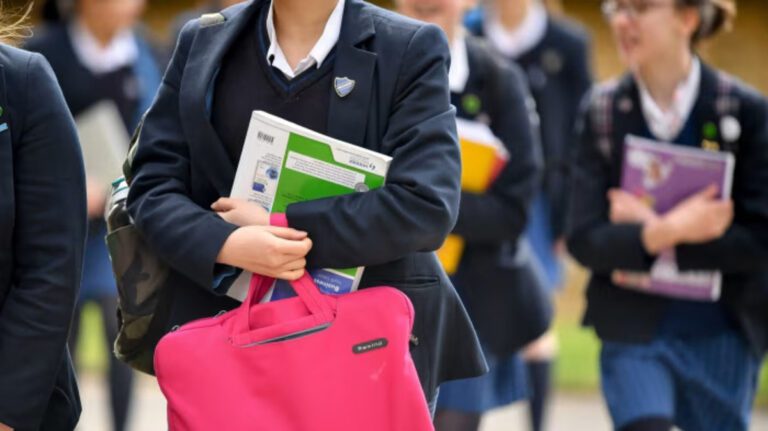🎧 Listen to This Article
Introduction: A Court Battle Over VAT on Private School Fees
LONDON – A landmark legal case has brought the UK government’s VAT policy on private school fees to the forefront. Families and educators argue that the 20% tax, introduced in January 2025, infringes upon the fundamental right to education, especially for students with special educational needs and disabilities (SEND), and those attending faith-based schools. The case is being heard by the High Court, where leading barrister Lord David Pannick KC has called the policy “discriminatory.”
Context: VAT on Private School Fees – A Controversial Policy
The UK government introduced VAT on private school fees on January 1, 2025, as part of efforts to raise revenue for the state education system. However, this move has sparked backlash from families and educational organizations, who argue that it disproportionately impacts those with limited financial means. Among those challenging the policy are parents of children with SEND, who contend that their children’s educational needs cannot be adequately met in the state sector.
Lord David Pannick, who is leading the case on behalf of the Independent Schools Council (ISC), represents families who argue that the policy discriminates against individuals based on their educational requirements and financial status. With state options unable to cater to the unique needs of these children, families argue they are left with no choice but to pay higher fees at private institutions.
Impact on Families: A Strain on Access to Education
The VAT is expected to affect around a quarter of families with children in private schools, many of whom do not have the financial resources to absorb the additional cost. Two of the claimants in this case have children with SEND, and no local state school can accommodate their needs. Another family sent their child to a single-sex private school due to previous harassment at a co-educational institution.
The government defends the VAT policy, arguing that it will increase funds for state education and contribute to raising standards in the public sector. The families, however, contend that the policy disproportionately affects those with limited means. Lord Pannick has emphasized that many of the families are not wealthy and have no alternative but to rely on private education.
The Government’s Defense: Revenue Generation and Parental Choice
Representing the government, Sir James Eadie KC has argued that the imposition of VAT is justified by the need to raise funds for state schools. He further stated that parents are free to choose private education if they can afford it, or they may opt for home education.
Additionally, the government maintains that SEND pupils whose private school fees are covered by an Education, Health and Care plan (EHCP) will not be impacted by the new tax. However, the claimants argue that this does not account for the many families whose children’s educational needs fall outside the scope of state provision, leaving them with no viable alternatives.
Expert Insights: A Discriminatory Impact on Vulnerable Students
Legal experts have highlighted the discriminatory effect of the VAT policy on vulnerable groups, particularly those with SEND or those seeking faith-based education. Sophie Kemp from Kingsley Napley, representing the ISC, explained that for many students with complex educational needs, state schools have failed to provide adequate support. As a result, parents are left with the financial burden of private education, which will now be further exacerbated by the VAT.
Caroline Santer, headteacher at the King’s School in Hampshire, also voiced her concerns, arguing that the new tax will place an additional financial strain on families already paying for education that costs less than what the government spends per child in the state system.
What’s Next: A Pivotal Decision on the Future of Education Tax Policy
As the hearing continues for the next three days, the judges will deliberate on whether the policy violates the right to education under the European Convention on Human Rights. The plaintiffs are seeking a declaration of incompatibility with Article 2 of the First Protocol, which guarantees the right to education. Should the court rule in favor of the claimants, the government may be forced to reconsider its VAT policy on private school fees.
Conclusion: What’s at Stake for Private School Families
The outcome of this case could have significant implications for the future of private education in the UK. For many families, the VAT represents not just an additional cost, but a barrier to accessing quality education that meets their children’s specific needs. If the policy is found to be discriminatory, it could prompt a major shift in how education is funded in the UK, balancing the needs of the public sector with the rights of families seeking alternatives.
For further details, clarification, contributions, or any concerns regarding this article, please contact us at editorial@tax.news. We value your feedback and are committed to providing accurate and timely information. Please note that our privacy policy will handle all inquiries



